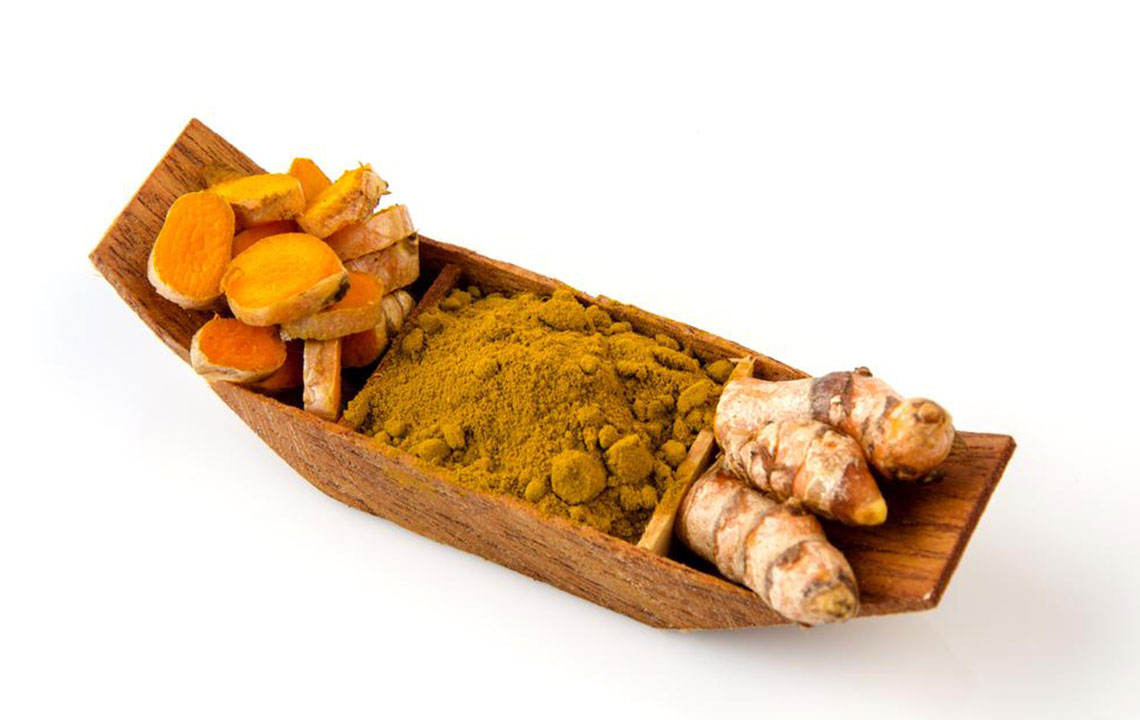Get Instant Relief with Home Remedies for IBS-D

Irritable Bowel Syndrome or IBS is a disorder that causes a change in the pattern of bowel movements. IBS with diarrhea is known as IBS-D and it causes acute abdominal pain. It can also be termed as a chronic gastrointestinal disorder that inflicts pain and discomfort. There are four types of IBS based on the combination of diarrhea and constipation, both or none. They are IBS-D, IBS-C, IBS-M, and IBS-U.
Depression, anxiety, and chronic fatigue are the other common disorders associated with IBS. This disorder is diagnosed with the study of its symptoms.
Symptoms Of IBS-D
The symptoms of IBS-D are painful and embarrassing. Most common symptoms that occur in the case of IBS are:
- Abdominal pain
- Diarrhea
- Constipation
- Frequent and loose stools
- Nausea
- Bloating
- Gassiness
- Headache
- Fatigue
Causes Of IBS-D
The exact causes of IBS-D are still unknown. However, irregularities in the gastrointestinal movements trigger IBS. Intestinal infection, pain, food sensitivity, and genetics are some factors responsible for IBS-D.
Excessive consumption of alcohol and substances that cause inflammation are also known to increase the chances of IBS.
Home Treatment For IBS-D
- Add Fiber To Your Diet
Including fiber in your diet brings drastic relief with IBS-D. Soluble fibers found in certain food items and vegetables soak up the extra liquid content in your intestines. Hence, it prevents diarrhea. Oatmeal, beans, and certain fruits like apples, strawberries, and grapefruit are excellent sources of soluble fiber.
Insoluble fibers help in resolving constipation. Insoluble fibers are mainly found in wheat, bran, and salad greens.
Keep yourself well hydrated to help the fiber move swiftly through your body systems. Fiber helps in smooth functioning of the digestive system.
- Intake of Yogurt
Yogurt contains a high amount of active bacteria that help in slowly decreasing diarrhea. Daily intake of yogurt helps in preventing the growth of harmful bacteria which cause IBS-D.
- Drinking Tea
Tea is known for its relaxing properties. Drinking tea regularly relaxes your intestines, reduces chronic spasms, and relieves pain due to gas. Peppermint tea is more effective than black or regular tea.
- Roasted Fennel Seeds
Consuming roasted fennel seeds along with water everyday helps in reducing intestinal spasms and bloating which are two common symptoms of IBS. It also prevents the formation of mucus on the intestinal walls and brings instant relief.
- Ginger
Ginger has huge medicinal properties and is almost the number one solution when it comes to health problems. Ginger induces gas removal, bloating reduction, relaxation of intestines, and elimination of inflammation. Include ginger in your diet and also by drinking ginger tea.
- Cabbage Juice
Another important ingredient in treating IBS, cabbage juice is highly effective in eliminating constipation. The chlorine and sulfur in this juice prevent the accumulation of mucus in the intestines, thus preventing diarrhea. The mild laxative agents present in cabbage juice softens the bowel movements and keeps your body hydrated.
- Chamomile Tea
Chamomile tea is well known for its herbal qualities. With antispasmodic properties and richness in the amount of tannins, chamomile tea provides great relief for IBS symptoms such as diarrhea. It can also be taken for the treatment of irregular bowel movements, inflammation of intestines, and abdominal pains.
- Bananas
High in potassium and rich in nutritional values, bananas help in relieving constipation and decreasing bloating. The fiber present in this fruit soaks up the liquid content and prevents diarrhea.
- Carrot Juice
Carrots are filled with high levels of pectin, which is a necessary substance to help for fighting IBS symptoms and eliminating constipation and diarrhea. Consuming carrot juice regularly will bring great relief.
- Flax Seeds
Flaxseeds are an excellent source of dietary fibers and Omega-3 essential fatty acids that are known to support the immune system as well as the digestive system. Flaxseeds are also good for treating diarrhea.
- Lettuce
Steamed lettuce soothes your intestines and brings down the inflammation of the intestinal tract.
- Pears
Fresh, ripe pears are nutritious and help your system in many ways. Pure pear juice and dried pears help in relieving intestinal pain.
- Managing Stress
Stress is one of the major contributing factors of IBS. Practising yoga, meditation, and other simple breathing exercises will help bring down your stress levels.
- Regular Exercise
Regular exercise is beneficial to everyone irrespective of what you are suffering from. Exercising helps in reducing IBS symptoms. It helps in the working of your body systems, especially digestive and helps manage stress.
- Peppermint Oil
This herbal remedy is primarily for the pain rather than a remedy for constipation or diarrhea and gives promising results. Peppermint oil has been proven beneficial for IBS related spasms and pains since it contains antispasmodic properties.
- Frequent Meals
Having meals at regular intervals helps the digestive system work smoothly and prevent constipation. In case you have diarrhea, it is better to eat small and regular meals.


